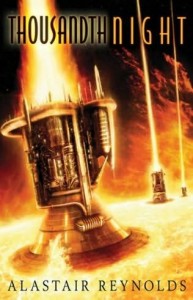
There are a ton of cool looking paperbooks in the bookstores these days. Here are 9 paperbooks, that I spotted at Chapters. None of these are available as audiobooks – at least not yet. Should they be? Here’s my take.
#1 – SS-GB by Len Deighton. This was an audiobook, long ago, but it is currently out of print in audio. I have high hopes it will be re-audiobooked sometime in 2011. And I’ll do my darnedest to make it happen.
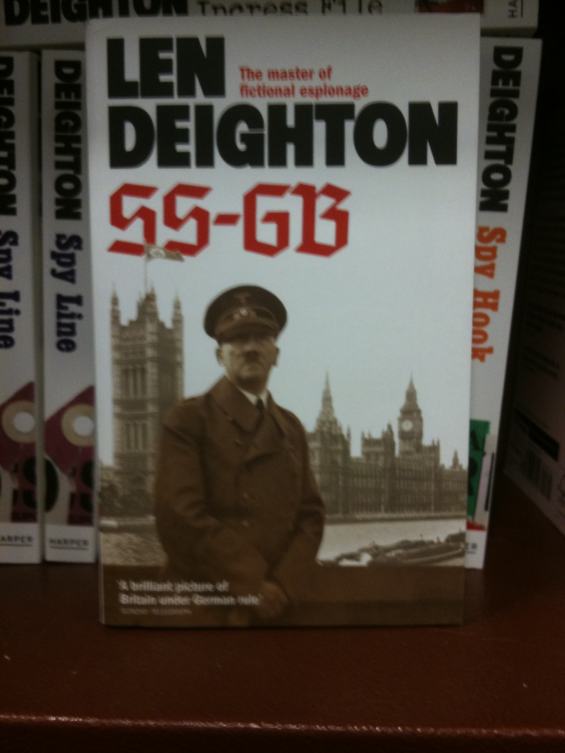
#2 – I’m always in favour of audiobooking a paperbook containing both a Donald E. Westlake and a Lawrence Block story. This one would probably have to wait until next November to be a viable audiobook.
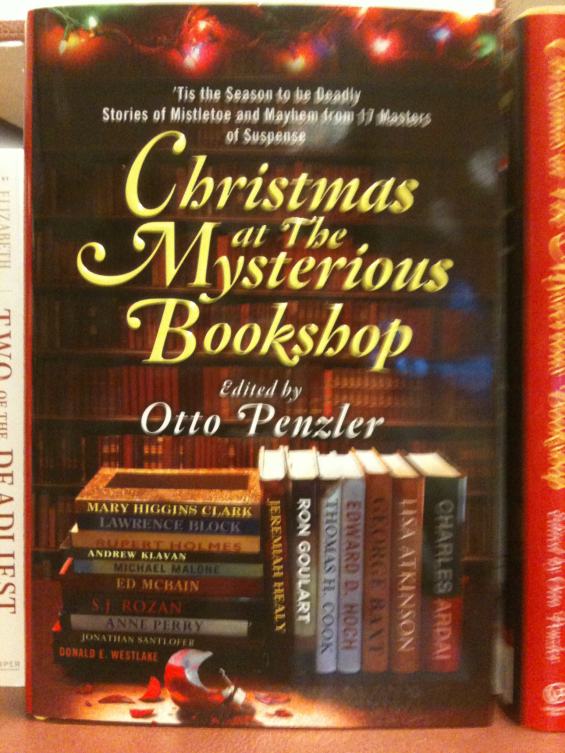
#3 – Best American Noir Century, edited by James Ellroy and Otto Penzler. What a crazy title! Though I should point out that in the fine print it reads “The Best American Noir of the Century” – This sounds like it would be a very good listen! With stories by Jim Thompson, James M. Cain and more than a dozen others it ought to have a good dispersionary impact. Reading a best of anthology can also give a quick taste of many authors – which leads to a lot more listening. Sadly, most of the stories actually in it are from the end of the 20th century and some of the one’s I recognize aren’t very noir.* – SEE THE COMMENTS
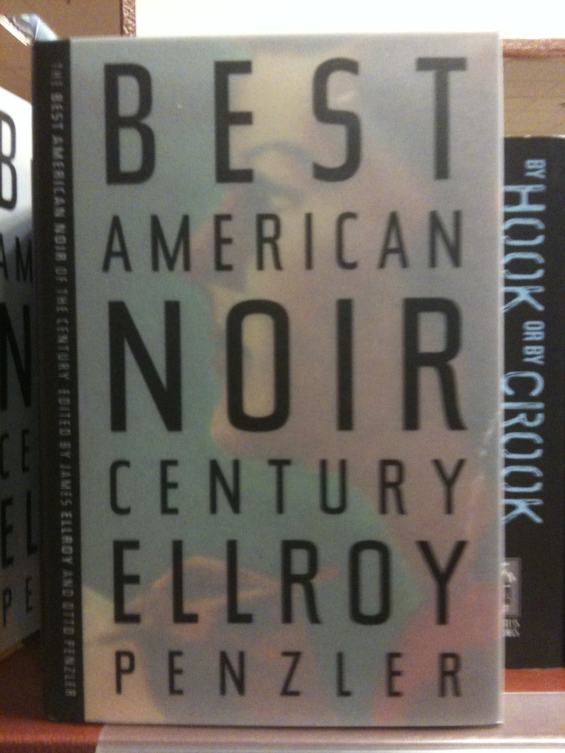
#4 – He Is Legend: An Anthology Celebrating Richard Matheson – Assuming that such a collection is a good idea to begin with (we have a similar one for Jack Vance) – this is a natural to turn audiobook – it does everything that a regular themed anthology does, but it does it with a guy instead of an idea. Opinions?
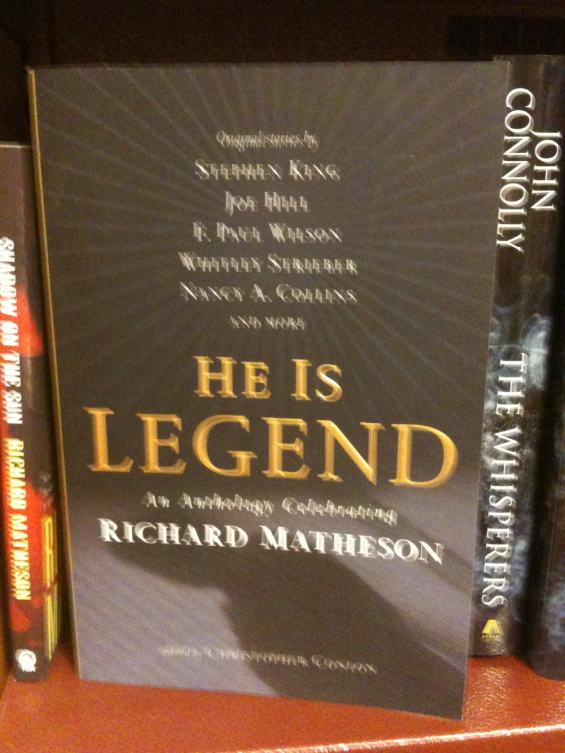
#5 – The Sherlockian by Graham Moore – minimalist cover art rarely works for me. This one totally does. Skimming the back of the book, it sounded rather awesome too!
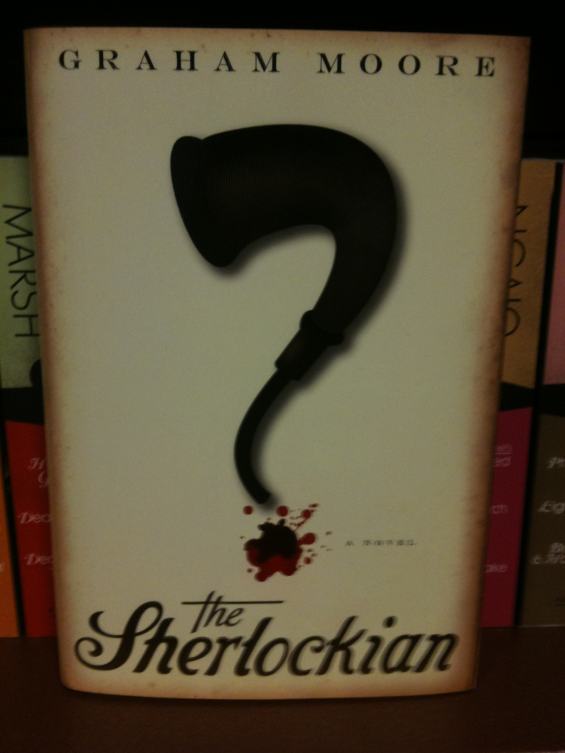
#6 – Subtitled “A Medieval Noir” this novel, Jeri Westerson’s Veil Of Lies, might be a more dank and dangerous answer to the cozy Brother Cadfael books. Plus I dig the dude with the dagger.
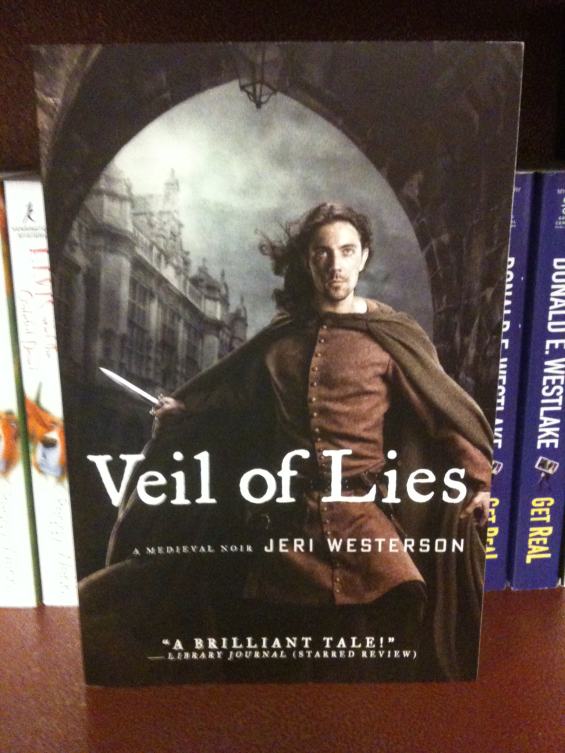
#7 – And if the first book in the series is audiobook-worthy, why not the second too? Maybe we ought to see how the first goes?
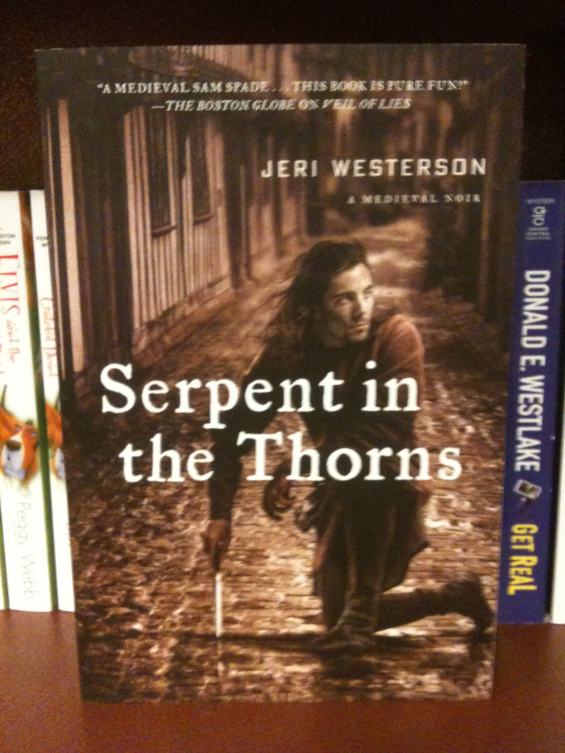
#8 – Doing the public domain shuffle this book plucks several of my interests! What Alice Knew: A Most Curious Tale Of Henry James And Jack The Ripper by Paula Marantz Cohen – And check out that gorgeous cover!
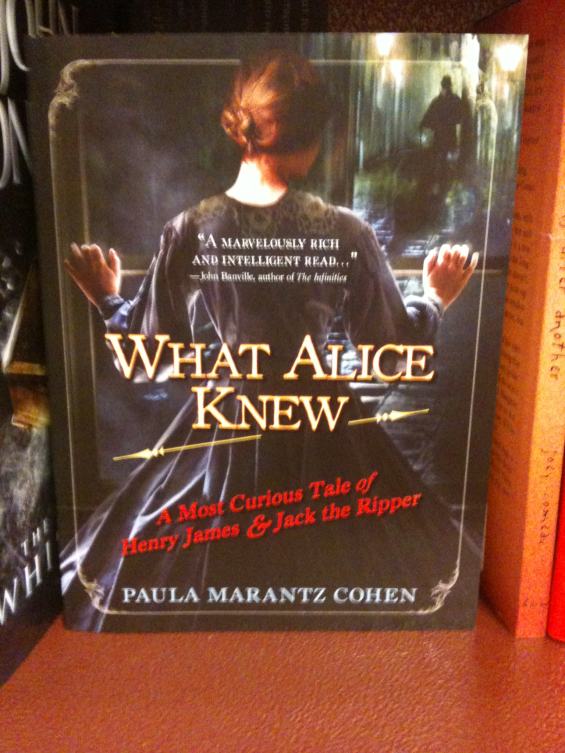
#9 – Now this one takes the PD mash-up meme just one step too far for me. Adding zombies to The War Of The Worlds? Really? Martians and zombies? The only reason H.G. Wells isn’t turning over in his grave is because he wouldn’t go zombie – ever! I do like the idea of more guts and blood though.
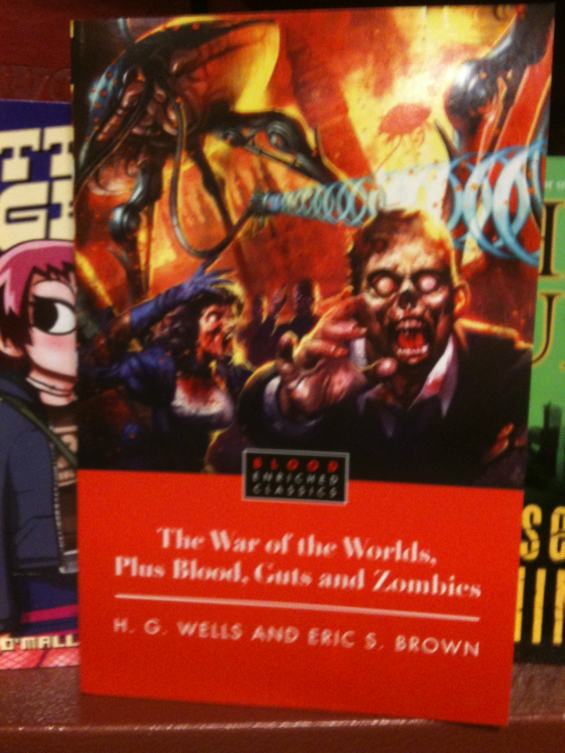
Posted by Jesse Willis





